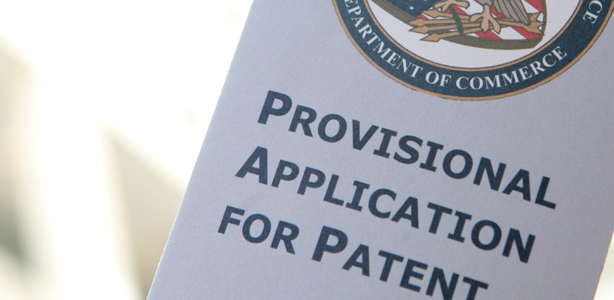Provisional applications are various from utility license applications. Provisionary applications will never ever become licenses. They do not go through the exam procedure to which utility license applications are subjected. Instead, provisionary applications are merely submitted with the USA License and Hallmark Workplace and after that run out YEAR later. They work, however, for securing a very early filing day for a follow-up patent application and protecting against patent-barring disclosures from being made.
Follow-up energy license applications have to be filed during the 12-month duration that the provisional stands if the license application is to claim the benefit of the provisional’s earlier filing date. An earlier filing date is helpful for a variety of reasons. It restricts the amount of previous art that can be utilized against the license application during prosecution; just previous art that pre-dates the filing date can be introduced to defeat your patent, so an earlier filing date is normally a good thing.
If a candidate is interested in international license rights, a provisionary can be unsafe unless fantastic care is taken with the candidate’s post-provisional actions. This is so due to the fact that creators are often misled right into believing that when they have actually submitted a provisional application, they are “patent pending” and they could start offering their creation. Certainly, provisionals are regularly filed in the days before a public disclosure: a researcher may exist the provisional’s topic at a meeting or a company may be doing an item launch of the invention. Nonetheless, later-filed applications, if they consist of material that was not consisted of within the provisionary, will not get the benefit of the provisional’s filing day. In the United States, that typically implies the brand-new subject receives a various declaring date. In most international countries, nonetheless, where absolute uniqueness is a demand, a disclosure of the innovation after the provisionary however prior to a patent application can extinguish the patent civil liberties in that development.
Provisional applications postpone the prices of the United States application process. Provisionals are generally cheaper than utility applications. Some applicants consequently utilize the 1 year lifespan of the provisionary to market their invention and determine whether it can be efficiently advertised. If, at the end of the YEAR, the creation doesn’t appear to have a future, the candidate may prefer to let the provisionary abandon and not file a follow-on patent application, thus committing the creation to the public. In such a case, submitting a provisional might have been a sensible financial decision if it permitted the candidate to spend much less cash than it would have invested in a complete utility application. Nevertheless, if the candidate makes a decision the creation does have a market or wants to proceed aiming to sell it, a license application will have to be submitted. In this scenario, the general price will be extra, since the candidate will certainly need to pay the common expense of the utility application but will certainly likewise have actually born the cost of the provisional while experimenting with the bankability of the invention.
Along these lines, while a provisionary delays the costs associated with filing an energy license application, it does not impact the 1 year due date that foreign countries have. Typically, when a license application is filed, you have one year throughout which you could file matching foreign applications. Failure to submit within that 1 year period can eliminate your foreign license legal rights. A provisional application hence has the tendency to press the US and foreign license application decisions at the end of the provisionary’s 12-month life. This requires the candidate to determine not simply whether to file in the United States, but additionally whether and where to file international license applications, a procedure involving foreign partners that can be rather costly.



